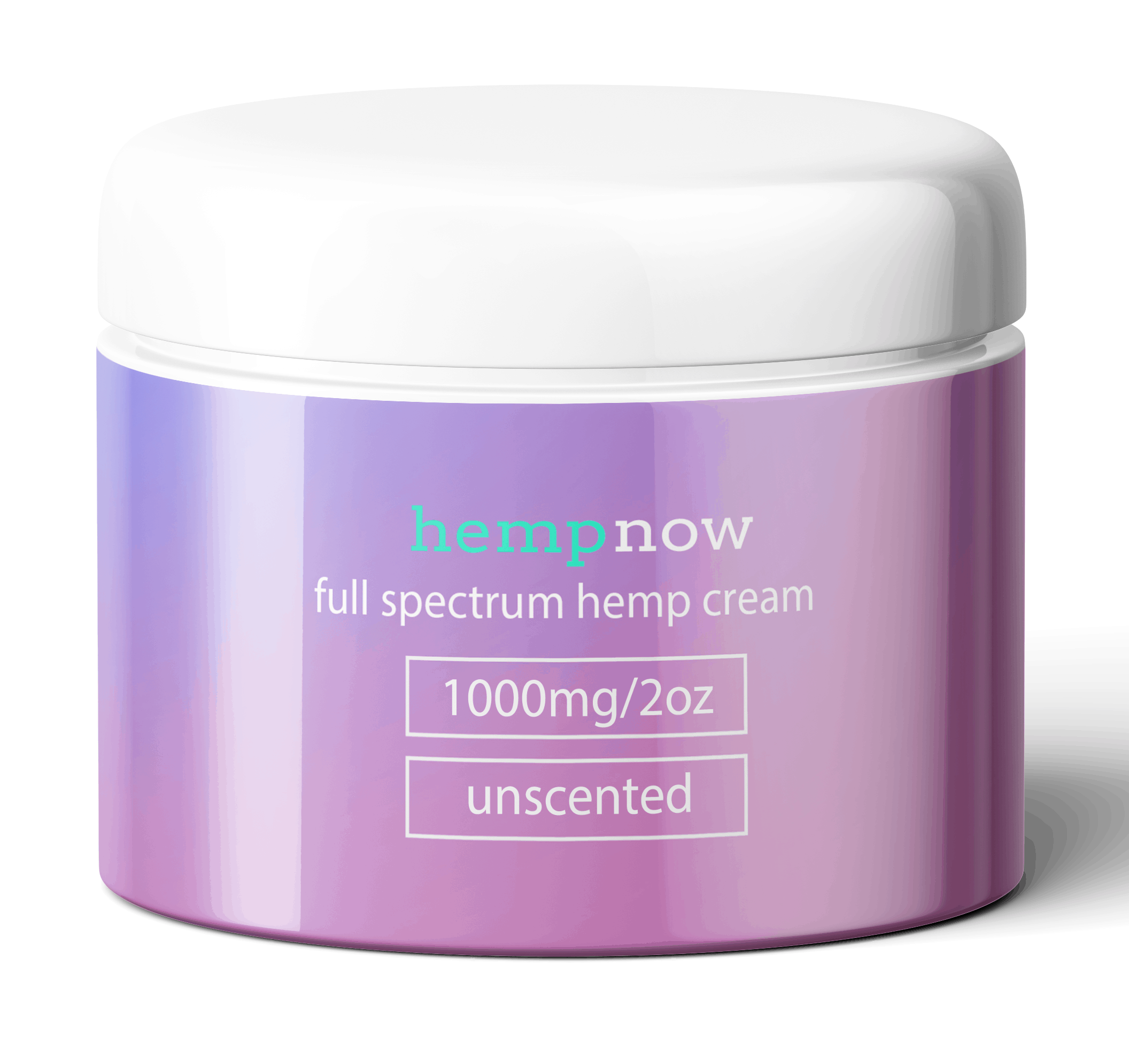Cannabidiol, commonly popularly called CBD, has achieved tremendous fame in the last few times for a natural treatment for numerous conditions and being a daily health enhancement. Extracted from the plant source, CBD is one of the more than 100+ cannabis compounds present in the cannabis plant, although it is notable for its hopeful therapeutic benefits without any psychoactive influence linked to tetrahydrocannabinol. As an increasing number of individuals turn to alternative ways to improve health while pursuing well-being, the versatile applications of CBD products have captured interest from different demographics.
Beginning with pain relief to anxiety reduction, the potential gains from CBD are being explored through numerous research. With the market for CBD offers carries on growing, consumers are presented with an array of choices, like oils, edible products, topical applications, and also drinks. With these options, comprehending the unique functions for every type of product can allow people to create informed conclusions tailored to consumers' individual needs. Regardless of whether you are curious about improving your wellness practices and looking for alternatives for managing anxiety, this investigation of the multifaceted applications of CBD might shed light on the options that await.
Understanding CBD
CBD, or cannabidiol, is a substance extracted from the marijuana plant that has earned considerable focus for its potential therapeutic benefits. Unlike tetrahydrocannabinol, the psychoactive compound in cannabis, CBD does not produce a "mind-altering effect." Rather, it communicates with the body's EC system, a intricate system of receptors and neurotransmitters that play a vital role in regulating various physiological processes. This special interaction contributes to the diverse uses of CBD items in the health space.
The adaptability of CBD items is one of their most attractive attributes. Available in multiple forms, such as oils, tinctures, edibles, creams, and capsules, cannabidiol allows users to choose the method of intake that most suits their personal requirements and preferences. This flexibility is complemented by the broad range of concentrations available, making it accessible for both novices and experienced users in search of targeted effects.
Research into the applications of CBD products has suggested a wide range of possible advantages, including alleviation from anxiety, reduction in chronic pain, and improved sleep quality. Many people say using cannabidiol to assist handle conditions like anxiety, inflammation, and discomfort associated with different health problems. As the body of research-based evidence continues to grow, more people are seeking out CBD as an alternative or supplement to conventional treatments, further establishing its place in the changing landscape of holistic wellness solutions.
Therapeutic Advantages
Cannabidiol items have gained considerable interest for their possible medical advantages, notably in the realm of discomfort management. A lot of individuals suffering from chronic ache conditions, such as joint inflammation or muscle pain syndrome, have reported betterment after incorporating CBD into their routine schedule. The inflammation-reducing characteristics of CBD may assist reduce edema and discomfort, allowing for improved movement and an better quality of life.
Moreover, anxiety and anxiety relief are among the most frequently mentioned causes for utilizing cannabidiol items. Research suggests that CBD may impact mood-regulating receptive proteins in the brain, which are essential in mood regulation. Users have experienced a soothing influence following the utilization of CBD, making it well-liked for those looking for a organic replacement to doctor-prescribed anxiolytic medications. This probable de-stressing effect has provided doors for further exploration into the role of CBD in emotional health treatment.

Finally, cannabidiol is also being explored for its brain-protecting characteristics, which may be advantageous in different neurological disorders. Conditions such as epilepsy and multiple sclerosis have shown potential in clinical trials with cannabidiol treatments. The ability for CBD to lower epileptic rate and magnitude has sparked interest among both people and researchers. As knowledge of its diverse applications continues to expand, CBD products are carving a distinct place in the medical landscape.
Regulatory Landscape
The legal framework surrounding cannabidiol goods has changed significantly in recent years, reflecting the increasing interest for these products . In many countries, CBD derived from cannabis is legal , provided it contains less than a specified amount of THC. kiosque-le-crocodile.com differs greatly from one jurisdiction to another, causing uncertainty among consumers and producers alike. In the United States , for example, the passage of the Farm Bill in 2018 legalized hemp-derived CBD at the national level, but states retain the power to impose their individual regulations, leading to a patchwork of laws .
Despite the growing acceptance of CBD, the Food and Drug Administration asserts that CBD items cannot be marketed as nutritional supplements or culinary additives without regulatory approval. This presents a challenge in maneuvering through the market , as many businesses attempt to sell CBD goods with health claims that are not legally recognized. This issue raises worries about the quality , safety measures, and effectiveness of CBD products available to consumers , as the lack of rigorous oversight can lead to variations in item formulation and packaging.
As studies on CBD continues to expand, there is hope that clearer regulations will develop. Ongoing studies could provide valuable insights into the medical benefits and possible risks associated with CBD use. As consumer education advances and regulatory bodies adapt to the evolving landscape, the future of CBD products will likely see more standardized guidelines, which could boost consumer confidence and industry legitimacy.
